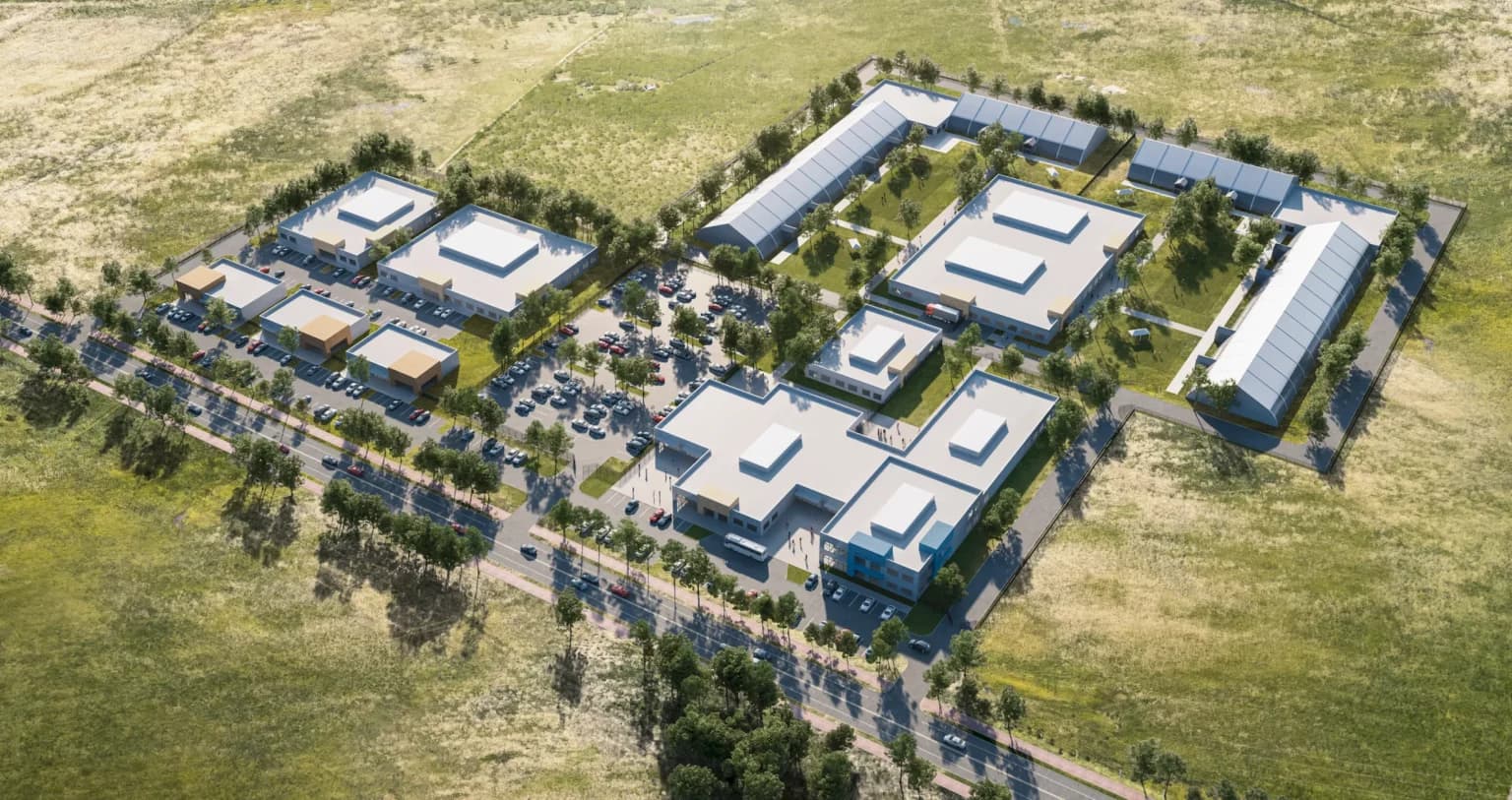Utah's 1,300-Bed Homeless Campus: Up to Two-Thirds of Occupants Could Face Involuntary Treatment

Salt Lake City – Utah's proposed 1,300-bed recovery campus, designed to address homelessness and assist justice-involved individuals, is generating significant debate, particularly over its potential for involuntary treatment. While proponents describe it as a crucial facility for drug recovery and rehabilitation, critics have raised concerns, with some labeling it an "internment camp." Social media user T Wolf, for instance, stated, "This is a pretty dramatic misrepresentation of what Utah is building to mitigate its homeless crisis. It's a recovery campus to help people experiencing homelessness or who are justice involved get off drugs. Not an interment camp."
The facility, slated to open in 2027, aims to provide comprehensive services including detox, mental health support, substance use treatment, and physical health services. Governor Spencer Cox has championed the initiative, describing it as the "most compassionate approach" to addressing the state's homelessness challenges. The campus is intended to serve as an alternative to jail for some individuals, offering a structured environment focused on long-term recovery and stability.
However, a key point of contention revolves around the involuntary nature of some placements. Randy Shumway, Chair of the Utah Homeless Services Board, has indicated that nearly two-thirds of the 1,300 beds could be designated for involuntary treatment. This approach marks a significant shift from "Housing First" policies, which prioritize providing housing without preconditions like sobriety, a strategy Governor Cox has deemed an "abject failure."
Critics, including housing advocates and state Senator Jen Plumb, warn that the facility could function more like a "prison or a warehouse" if promised services do not materialize. Concerns are also mounting over the campus's remote location west of Rose Park, described as "in the middle of nowhere" with no public transportation, raising questions about accessibility and the voluntary departure of occupants. Some advocates fear the co-location of involuntary commitment beds with general shelter options could deter individuals from seeking help.
The estimated cost for the campus is $75 million for construction and over $30 million annually for operations. This initiative aligns with a broader national push by some conservatives, including former President Donald Trump, to move homeless individuals to remote sites for treatment, often rejecting "Housing First" models. The debate underscores fundamental disagreements on the most effective and humane strategies for tackling homelessness, addiction, and mental health crises.